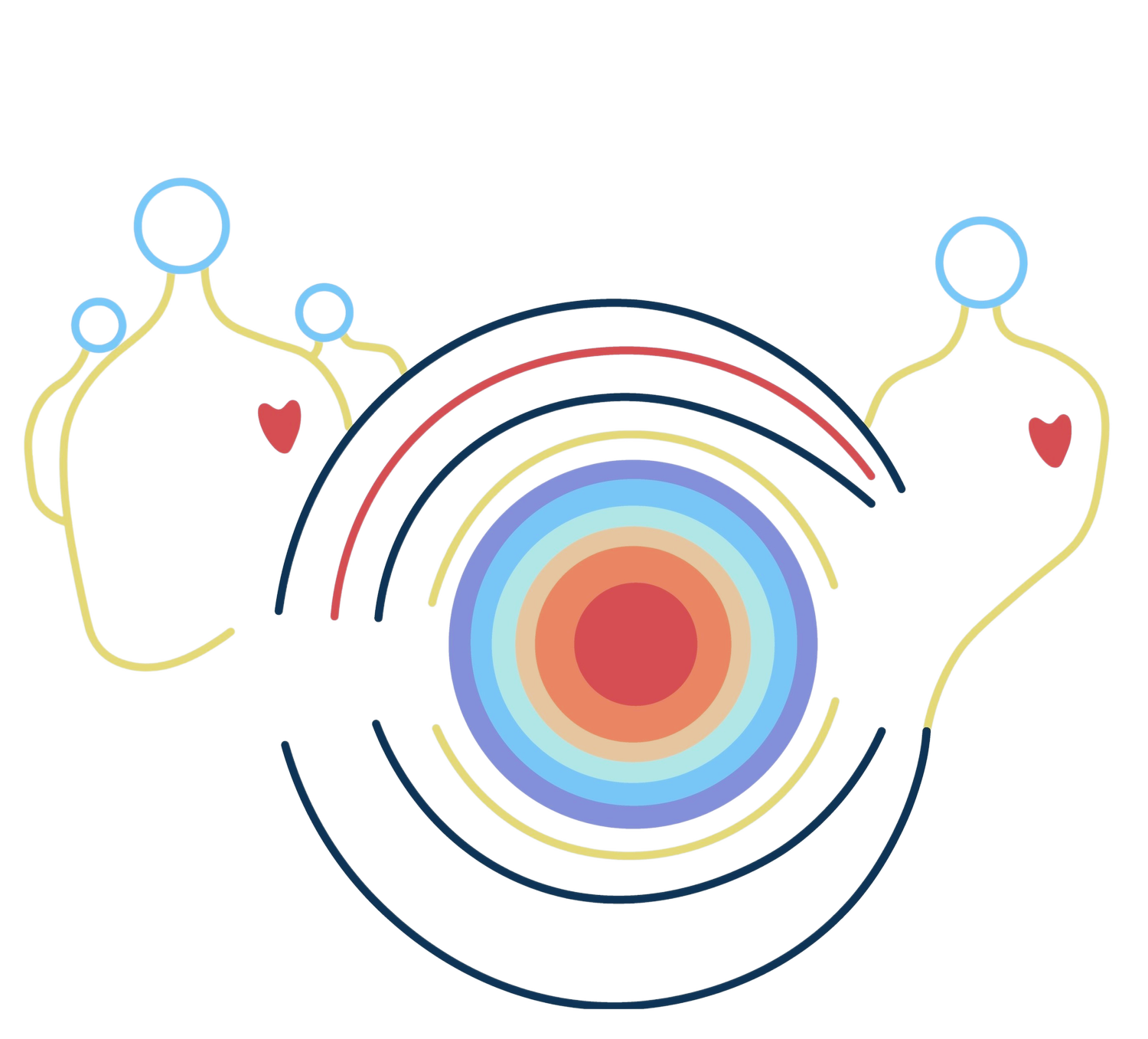institutional violence through child protection
Deeply embedded, institutional violence is often unnoticed and tolerated despite its flagrant withholding of rights and privileges from marginalized groups while catering to the dominant class defined by Whiteness and patriarchy.
So, how is institutional violence perpetuated through child protection services?
Violence takes many forms including shaming, blaming, and direct assaults on spirit, emotions, morality, intellect, body etc. each constitutes violence despite relative impacts. We see this in poverty, insufficient housing, lack of health care access being labelled as neglect and the expectation that mothers protect children from violent men – all boldly disregarding the complexities of violence. Targeting those suffering adverse conditions by focusing on behaviour rather than necessary structural improvements is deeply colonial and patriarchal, values enforced by protection workers who are complicit in – and perpetrators of – this socially constructed violence.
Why are ‘helping professionals’ engaged in these practices?
Under the guise of supporting citizens, institutions utilize systemic oppression to enforce rigid values including economic and immigration status, gender, race, religion, and parenting. This violence is reinforced at all levels through educational systems, courts, religious establishments, media, and family units to safeguard the authority of colonialism, which is itself an inherently violent phenomenon.
To understand why social workers perpetuate such harmful practices, we must consider that workers themselves experience intellectual violence through indoctrination to policies and procedures and violations of spirit in acclimating to practices contrary to their ethics. Workers’ complicity in harmful policy, direct violence through practice, silence-keeping out of fear and shame each corrupt workers and encourage discriminatory practices.
Who is most impacted / how does this impact children, families, and communities?
Intersectionality is paramount, with each membership in at-risk groups increasing vulnerability as evidenced by overrepresentation within human service systems and failures to address causal links between institutional violence and marginalized groups. The 60s scoop offers horrifying examples of racism and prejudice resulting in unwarranted removal of children, stripped of their culture and communities. Colonialism continues to inform child protection outcomes through prejudicial policy and practice regarding value systems and status (ex: socioeconomic, immigration, marital).
I generally experienced protection practices not as child-centred, family-focused, and strengths-based but rather using misguided and discriminatory judgements that further oppress individuals and groups. I carried out apprehensions where no neglect / abuse existed so children could access essential resources; denied kinship care because of presumptions of inadequate capacity; sought supervision orders due to cultural differences / misconceptions; and limited access due to myths that separation creates safety.
Disingenuous proclamation of child safety
The focus on expedience and liability over best practices intensifies power imbalances, assisted by militaristic approaches to protection work characterized by discrimination. Use of ‘investigation’, ‘interview’ etc. promotes intrusiveness, superiority, and judgement even without adversarial court action. Separation is equated with safety without appreciation of trauma, attachment injuries, and abuses suffered while in care. ‘Objectivity’ is heralded as crucial, maintaining staggering power imbalances, fueling ‘othering’ and encouraging workers’ ignorance concerning protection organizations’ discriminatory roles in support of overarching systemic oppression rather than ensuring safety / wellbeing of children.
Past mistakes continue to be repeated
Nowhere are these hard truths more apparent than the overrepresentation of Indigenous and Black children in care. I continue to be startled by the lack of compassion shown to Indigenous peoples for maladaptive coping strategies, lack of healthy natural supports, and living conditions on reserve. Caregivers are blamed for behavioural ‘choices’ rather than context being central to assessment and case planning. To honestly examine the overrepresentation of BIPOC children in care, we must acknowledge and identify the oppressive structures that serve to marginalize.
Social workers, and greater society, fail to learn from systemic mistakes, continuing practices that demonstrably fail those we purportedly seek to empower and offer safety. Child protection policy and procedure focuses on blame and shame rather than, for instance, the lack of access to a living wage, sufficient / safe housing, education, health care, the impacts of entire generations of Indigenous families losing their traditional ways of life including having healthy parenting and communities modelled for them. Rather than advocating for policy change and highlighting the abuses of the child protection systems, organizations label and attack based on false assumptions that alternative options universally exist.
Many behaviours classified as risky and abusive represent maladaptive coping strategies / mental illness resulting from institutional violence. To support those seeking equity and address the nuances of violence, we must focus on systemic changes rather than individual ‘failures.’ For instance: poverty / economic hardship as a form of violence and misallocated resources not dispensed according to increased vulnerability, risk, and need.
What can we do?
We must utilize our voice as professionals to speak truth regarding our experiences. As a White settler, it is incumbent upon me to recognize my privileges and empower equity-seeking groups. We must speak truth and explore how protection policies reinforce / commit violence, compounding oppression through institutional violence.
While I helped some families create lasting positive change, the occasions of prejudice and complicity weigh heavily on me. I often wonder how protection-related trauma impacts spiritual, emotional, and physical well-being. Reflection has helped me recognize harms I caused and moral injuries I suffered. I strive to honour those I aggressed upon through counselling services, focusing on prevention with strengths-based, solution-focused support of service recipients. For my MSW practicum, I will be working on research aimed at improving child protection policies in hopes of moving forward with an honest lens and encouraging change rather than facilitating further violence through my silence.
